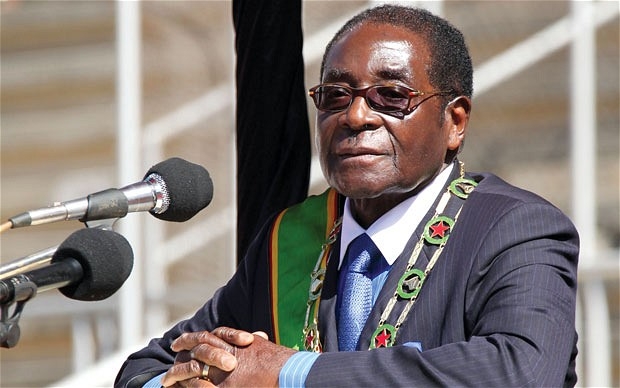South Sudan transition stuck in mud of floods, politics

There has been sporadic violence, mostly between government forces and groups that held out on the peace deal.
South Sudan also experiences devastating damage during the rainy season which runs from June to October. In early September, heavy rains caused severe flooding in Maban in Upper Nile State, severely affecting camps for refugees and internally displaced persons.
According to the Jesuit Refugee Services, more than 200,000 people have been displaced. At least nine million people are in urgent need of food.
Floodwaters also frequently destroy entire villages and crops and drown cattle.
This problem of flooding was the subject of the latest Revitalised Joint Monitoring and Evaluation Commission (R-JMEC) on South Sudan. On September 5, Maj-Gen (Rtd) Tai Gituai, its chair, said flooding in neighbouring Sudan was piling on Juba’s political problems, potentially delaying the transition.
“The onset of rains and the influx of refugees and returnees from Sudan have exacerbated the already severe humanitarian needs in the country,” he told a briefing session of South Sudan’s transitional national legislative assembly.
“This is compounded by the cumulative effects of prolonged intercommunal conflicts, long-term flooding, and high levels of food insecurity. The disruption of trade routes between Sudan and South Sudan has also negatively affected the supply of food and other essential goods into South Sudan, resulting in scarcity and increase in prices.”
Delays
Gituai says the country’s transition is largely unfunded, delaying security reforms, enactment of crucial laws, and a census critical to plan for the population.
JMEC warned that elections could be impractical unless other outstanding tasks are implemented. They include the making of the permanent constitution, enactment of the National Elections Bill, reconstitution of the National Elections Commission, the establishment of elections management structures at the sub-national levels, and the redeployment of the Necessary Unified Forces.
“It is essential to safeguard the political and civic spaces to create an enabling environment for the conduct of free, fair, and credible elections, come December 2024,” said Maj-Gen Gituai.
The JMEC report says that some pieces of legislation have been assented to into law, but their operations are still pending. For instance, the transitional government has not reconstituted the Political Parties Council, responsible for the registration of political parties, nor have they established the institutions responsible for the making of the permanent constitution.
The government claims that the delay in deployment is caused by a lack of funding, but critics say it is due to a lack of political will.
While President Salva Kiir has maintained in the last few months that his government will hold free and credible elections for the first time since the country became an independent country in 2011, the first vice-president Dr Riek Machar had expressed worries about whether the country would be in a position to hold elections.
At the recent Economic Conference on September 9, Dr Machar said that there will be no elections without full implementation of secure arrangements.
“Security is paramount, even if you want to hold elections under the current situation, who will protect the ballot boxes? You have to handle the security issues first,” said Dr Machar in a statement to the media, who added that the internally displaced and refugees in the neighboring countries must be resettled for the elections to be credible.
Source: theeastafrican.co.ke





